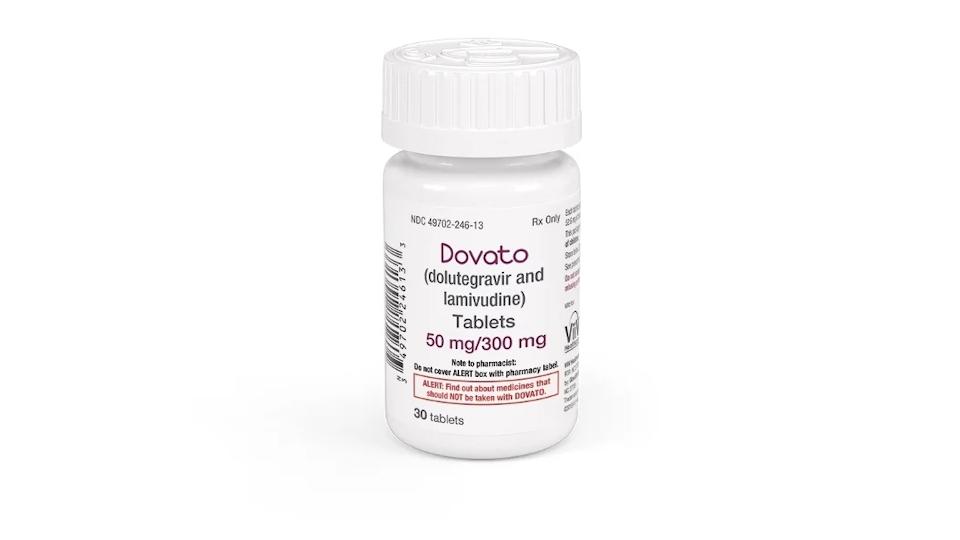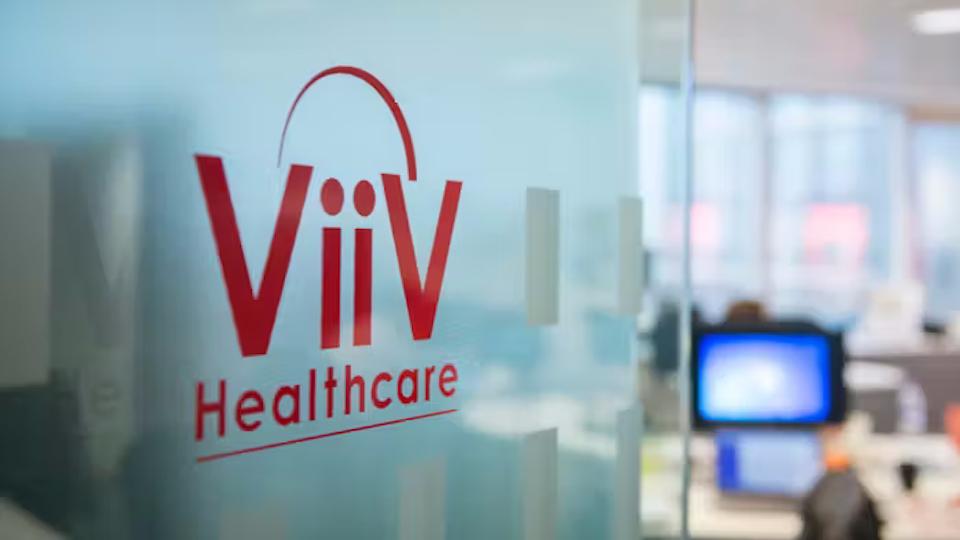GSK's Dovato matches rival Biktarvy with less weight gain

GSK has fired a shot across the bows of Gilead Sciences' HIV juggernaut Biktarvy, with new data showing its rival therapy Dovato is as effective but causes less weight gain.
The results of the PASO DOBLE study are the latest attempt by GSK's majority-owned HIV unit ViiV Healthcare to wrest market share from Biktarvy (bictegravir/emtricitabine/tenofovir alafenamide), which made $11.8 billion in sales last year and accounted for around 44% of its total turnover.
In the new head-to-head study, presented at the AIDS 2024 congress that started in Munich, Germany, yesterday – 553 patients who already had their viral load suppressed were switched to either Biktarvy or Dovato (dolutegravir/lamivudine), given as a once-daily pill, and followed up for 48 weeks.
There was no significant difference between the groups in viral load suppression based on the proportion of participants with viral RNA of 50 copies/mL or above at 48 weeks, with 2.2% of the Dovato group and 0.7% of the Biktarvy group in that category.
That 1.4% difference lies well within the 4% margin for non-inferiority laid out by the FDA, according to GSK, which noted that there was only one treatment failure, which was in the Biktarvy group.
The study enrolled patients on HIV treatment that was not as good as it could be; for example, requiring multiple tablets each day or older drugs with more side effects.
Meanwhile, although patients switching to both drugs from their old regimen saw an increase in weight, it was significantly less with Dovato compared to Biktarvy, with average gains of 1.81kg and 0.92kg, respectively. The proportion of participants who showed weight gain greater than 5% after 48 weeks was also significantly higher at 29.9% with Biktarvy and 20% for the Dovato group.
"This is a meaningful outcome, as treatment-related weight gain is an important topic for many people living with HIV," said ViiV's chief medical officer, Harmony Garges.
Dovato is the top-selling drug in GSK's HIV portfolio, but its 2024 sales of £1.8 billion ($2.3 billion) trail behind Biktarvy.
The company sees Dovato as one of the key engines for growth in its franchise, along with once-monthly injectable HIV treatment Cabenuva (cabotegravir/rilpivirine) – an alternative to having to take pills every day, which made £708 million last year.
Its third priority project is Apretude (cabotegravir), another long-acting injectable that is positioned as an alternative to Gilead's oral therapies for HIV pre-exposure prophylaxis (PrEP) headed by Descovy (emtricitabine/tenofovir alafenamide), but has yet to make much headway in the market.
Gilead, meanwhile, has fought back with its own long-acting antivirals, notably twice-yearly injectable Sunlenca (lenacapavir) for multidrug-resistant (MDR) HIV infection, which was approved by the FDA in 2022 and is also being tested for PrEP.
At AIDS 2024, GSK also reported preliminary results with a third-generation integrase inhibitor, VH4524184, which is effective against HIV, but seems to retain activity against strains that have developed resistance to earlier drugs in the class, like dolutegravir and bictegravir. It is being developed in oral and long-acting injectable formulations.












